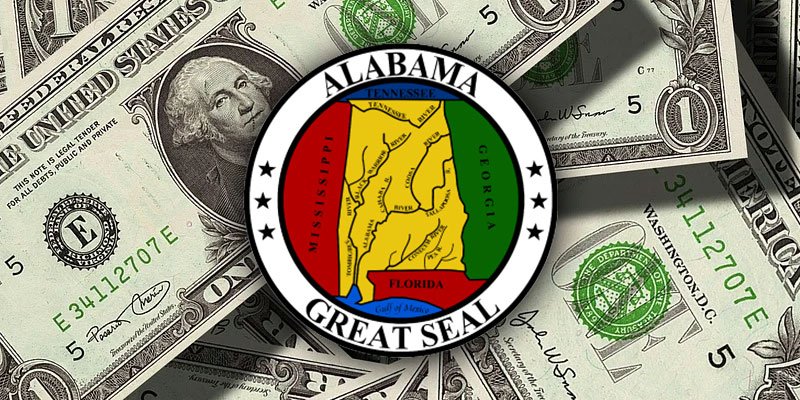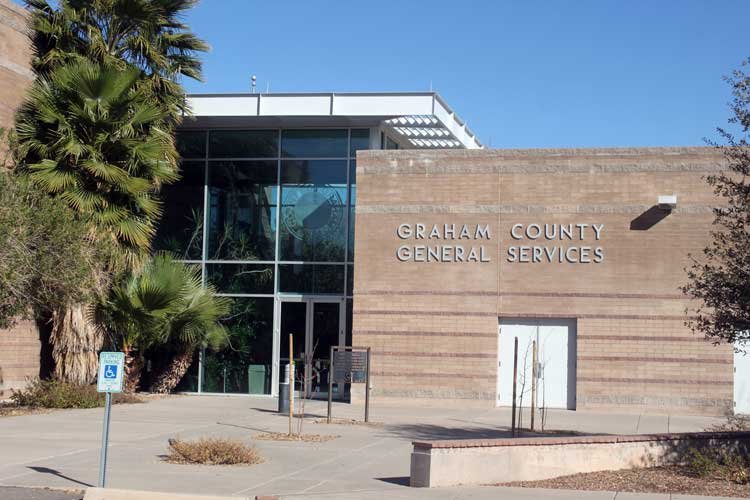
The Alabama Senate on Tuesday voted in favor of changes made by the House last week to the state's General Fund budget, with Gov. Kay Ivey congratulating lawmakers after the final passage.
“Here in Alabama, we continue to pursue prudent budgeting,” said Governor Ivey. “Despite the challenging economic climate across the country, our fiscal footing is strong, allowing us to make investments where they matter — investments that will benefit generations to come.”
Ivey said she would sign the budget into law.
“We are good stewards of taxpayer money, building budgets for any eventuality that may come our way, while increasing funding for critical services like public safety and mental health care,” Ivey said.
RELATED: Alabama Legislature passes record $3.4 billion general fund budget
The Legislature has been preparing for an economic downturn since 2020 by carrying over funds into the next budget year. Because no recession has occurred, the state has carried over a significant surplus from 2023 to 2024. This allows the Legislature to budget additional funds in the fiscal year 2024. Fiscal year 2025 begins Oct. 1.
“Historically strong revenues, strong interest rates and a conservative budget to date have left Alabama's General Fund stronger than it has ever been,” said Rep. Rex Reynolds (R-Huntsville), chairman of the House Ways and Means Committee.
“We are fortunate to have remained operating in the black, but it is also important that we continue to adhere to the conservative budgeting practices that have helped us get to this point, recognizing that this unprecedented growth is not sustainable in the long term.”
“This year’s General Fund budget and its supplemental budget reflect my committee’s commitment to being responsible with taxpayer dollars, and I am sincerely grateful that the committee unanimously approved the budget today.”
The House-passed budget is $3,410,393,112, up from the fiscal year 2024 budget of $3,013,400,381.
The supplemental budget allocates $2,243,062 from the Youth Services Reimbursement Fund to the Department of Youth Services, $300,000 from the Veterans Assistance Fund to the Department of Veterans Affairs, and $253,875,169 from the SGF to various state agencies.
“Managing a multi-billion dollar budget and ensuring every state agency is adequately funded is undoubtedly one of the most difficult jobs in state government, and I am proud that Chairman Reynolds and the committee are committed to this task. Smart investments today will lead to a stronger Alabama tomorrow,” said House Speaker Nathaniel Leadbetter (R-Rainsville).
Both bills were sponsored by Sen. Greg Albritton (R-Atmore), chairman of the Senate Finance, Taxation and General Fund Committee.
RELATED: Albritton offers insight into BCA's general fund budget decision-making philosophy
Alabama has a budget system in which over 84% of funding is allocated to specific funds. The state has two funding pools: the SGF and the Education Trust Fund (ETF). The Alabama Department of Transportation receives funding from fuel taxes separately from these two budgets.
The ETF provides funding to K-12 schools, two-year college systems, four-year colleges, early childhood education, universities, and education-related institutions such as archives and history. The ETF is funded through personal and corporate income taxes.
The Alabama Department of Corrections, Department of Medicaid, Department of Commerce, Department of Public Health, Department of Mental Health, Alabama Department of Law Enforcement, courts and district attorney's offices are just a few of the agencies that receive spending from the general fund.
The general fund is funded by use taxes on online purchases, insurance taxes, utility taxes, a portion of property taxes, and interest income on funds held in trust in the Alabama Trust Fund.
“I look forward to signing this budget into law,” Ivey concluded.
To contact the author of this story or to comment, email [email protected]
Do not miss it! Subscribe now Get the top Alabama news stories delivered to your inbox.
















